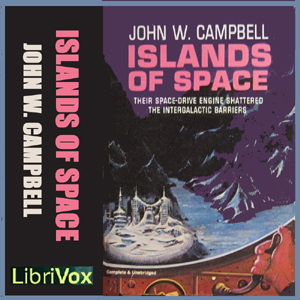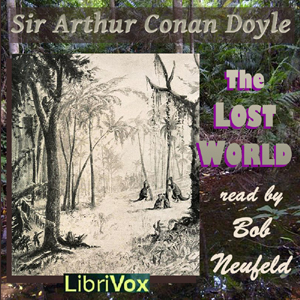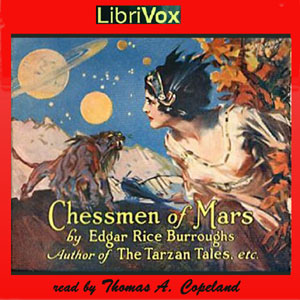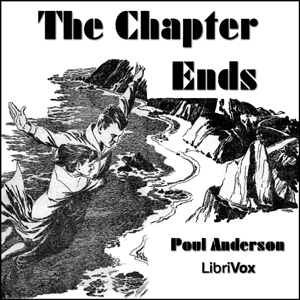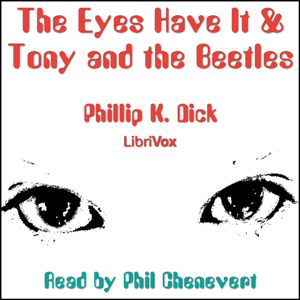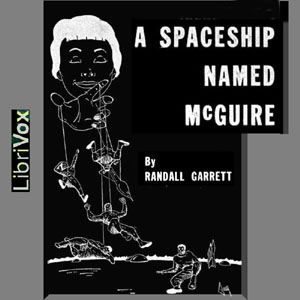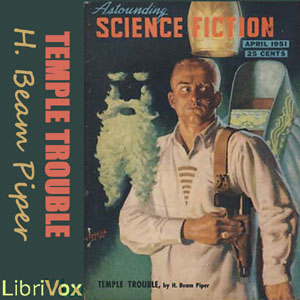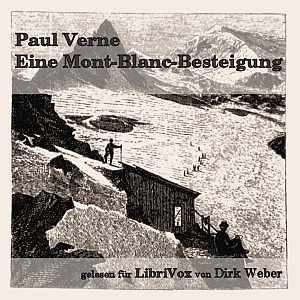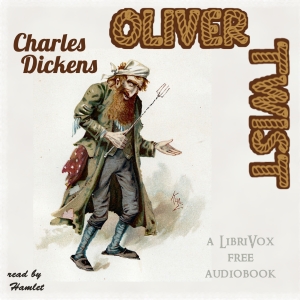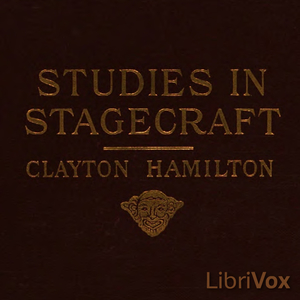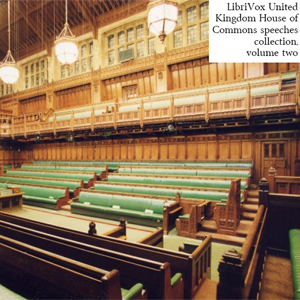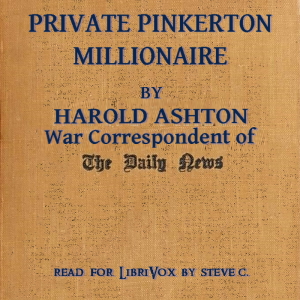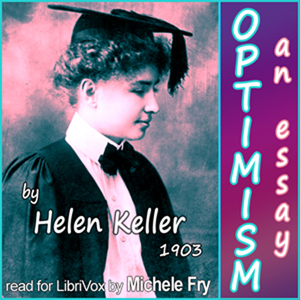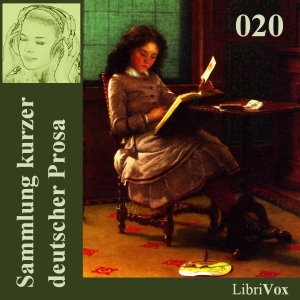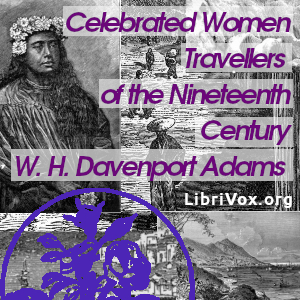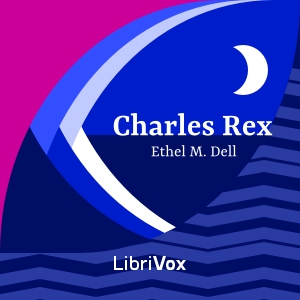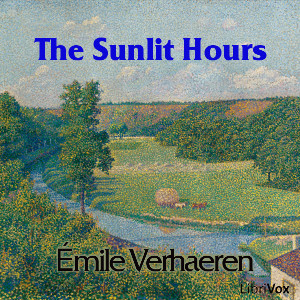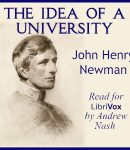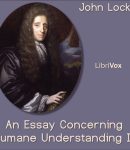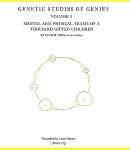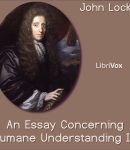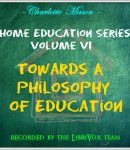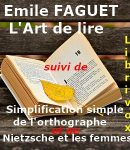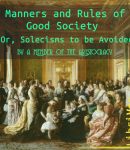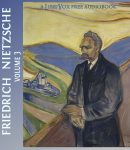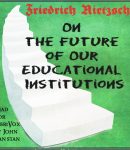
On the Future of Our Educational Institutions (Version 2)
These are lectures on the education system of Nietzsche’s day. He states that “This book is intended for calm readers, for those who have not yet been drawn into the mad headlong rush of our hurry-scurrying age, and who do not experience any idolatrous delight in throwing themselves beneath its chariot-wheels. It is for those, therefore, who … ‘still have time.’ Without any qualms of conscience they may improve the most fruitful and vigorous hours of their day in meditating on the future of our education.” Nietzsche passionately calls for “Ye contemplative ones who cannot, with hasty glances, turn your eyes swiftly from one surface to another! Ye lofty thinkers, of whom Aristotle said that ye wander through life vacillating and inactive so long as no great honour or glorious Cause calleth you to deeds! It is you I summon! Refrain this once from seeking refuge in your lairs of solitude and dark misgivings. Bethink you that this book was framed to be your herald. When ye shall go forth to battle in your full panoply, who among you will not rejoice in looking back upon the herald who rallied you?” – Summary by jvanstan [chương_files]

